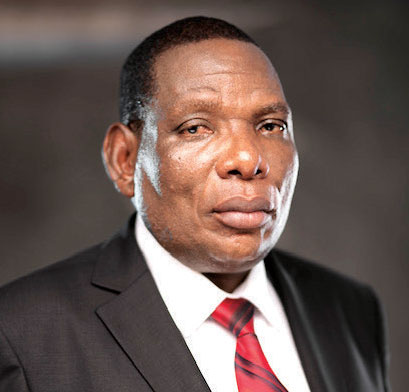Key Business Points
- The Malawi government has mobilized K247 billion out of the needed K387 billion to address the hunger situation, with a gap that is expected to be filled through aid inflows and private sector support.
- Private sector participation is crucial in dealing with the food insecurity situation, with companies like Nico Holdings Group already contributing K400 million towards food supply intervention.
- Agriculture financing is a key area that requires increased investment from the financial sector to boost productivity and end recurring food shortages, despite the risks involved.
The current hunger situation in Malawi is a pressing concern that requires a collective effort from the government, private sector, and other stakeholders. Food insecurity affects not only the vulnerable populations but also the businesses that operate in the country, as noted by Nico Holdings Group Board Chairperson Elias Ngalande. The company’s contribution of K400 million towards food supply intervention is a demonstration of the private sector’s commitment to supporting the government’s efforts. The funds will be channeled through World Vision, which will purchase relief maize for needy families.
The Finance Minister, Joseph Mwanamvekha, has appealed to the financial sector to increase financing towards the productive sector of agriculture, citing the need to boost productivity and put an end to recurring food shortages. While there are risks involved in agriculture financing, the minister emphasized that risk is inherent in any business venture. The government’s efforts to address the hunger situation are ongoing, with a focus on mobilizing resources to fill the existing gap.
The country’s 20 percent food production deficit during the last production season is a significant concern, coming on the heels of another deficit in the previous season. This highlights the need for sustained investment in the agriculture sector to ensure food security and reduce reliance on imports. As the private sector continues to support the government’s efforts, it is essential to adopt a long-term approach to addressing food insecurity, rather than relying on short-term solutions.
In the Chichewa language, the concept of "ulimi" (farming) is closely tied to the country’s economic development, and the current situation underscores the need for increased investment in this sector. By supporting agriculture financing and boosting productivity, Malawi can reduce its reliance on imports and achieve food self-sufficiency. The private sector’s role in this effort cannot be overstated, and companies like Nico Holdings Group are setting an example for others to follow. As the country moves forward, it is essential to prioritize zinthu zosiyana (different things) that can help address the hunger situation, including increased financing for agriculture and support for vulnerable populations.
What are your thoughts on this business development? Share your insights and remember to follow us on Facebook and Twitter for the latest Malawi business news and opportunities. Visit us daily for comprehensive coverage of Malawi’s business landscape.
- New Visions for Progress: Charting Malawi’s Next Generation Economic Growth - February 13, 2026
- Kanyika Niobium Mine Breaks Ground: Fuelling Malawi’s Business Growth - February 12, 2026
- RBM Tightens Grip: K145bn Treasury Decision Impacts Malawi’s Economic Landscape - February 11, 2026

